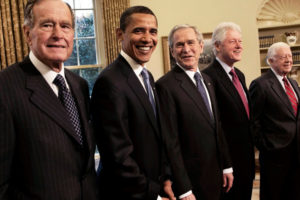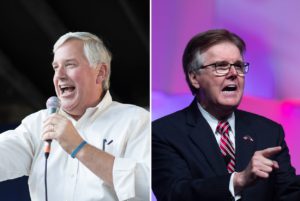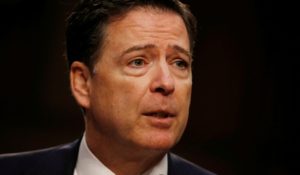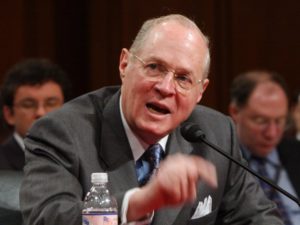Abby Livingston of the Texas Tribune has written a quite insightful story that starts with one of the better ledes I have read in some time.
Livingston writes: It’s the most backhanded of compliments.
U.S. Rep. Beto O’Rourke‘s campaign for U.S. Senate has caught so much fire throughout the state that the new favorite betting game in Texas politics is “How close can he get to Ted Cruz in November?”
The implication in the question’s phrasing is that O’Rourke’s loss remains a given.
Her essay is tough to read if you’re supporting O’Rourke’s bid to defeat the Cruz Missile.
O’Rourke is raising a lot of money, far more than Cruz. He has embarked on an unusual campaign strategy, conducting town hall meetings and meet-and-greet with voters who live in heavily Republican rural communities.
Cruz is taking this challenge seriously. Moreover, Cruz does have numbers — and history — on his side. Texas comprises many more Republicans than Democrats; and the state has gone more than two decades since the latest time it elected a Democrat to statewide office.
Yes, O’Rourke’s fight faces some potential head winds.
However, before we assign O’Rourke to the political scrap heap, let me offer this brief reminder.
In 2016, American voters managed to elect to the presidency a man who had never sought a public office. He had zero public service experience and zero inclination toward serving the public. He hurled ghastly insults that offended millions of Americans while campaigning for the presidency.
But … Donald Trump won the Electoral College on the strength of 78,000 votes in three key states and, thus, took office as president of the United States.
Against very long odds.
So, have stranger things than Beto O’Rourke winning this fall happened already?
Yes. They have.







